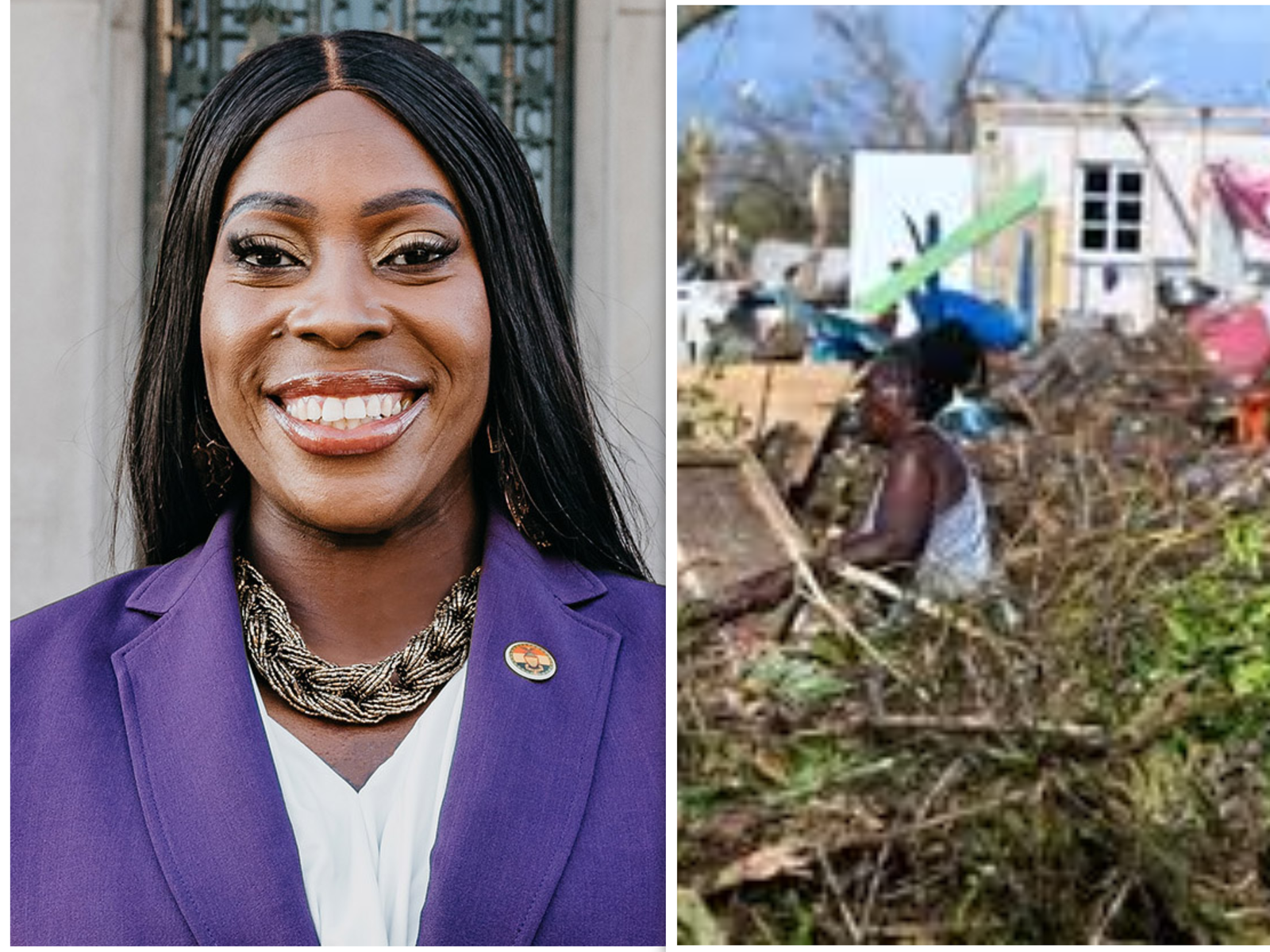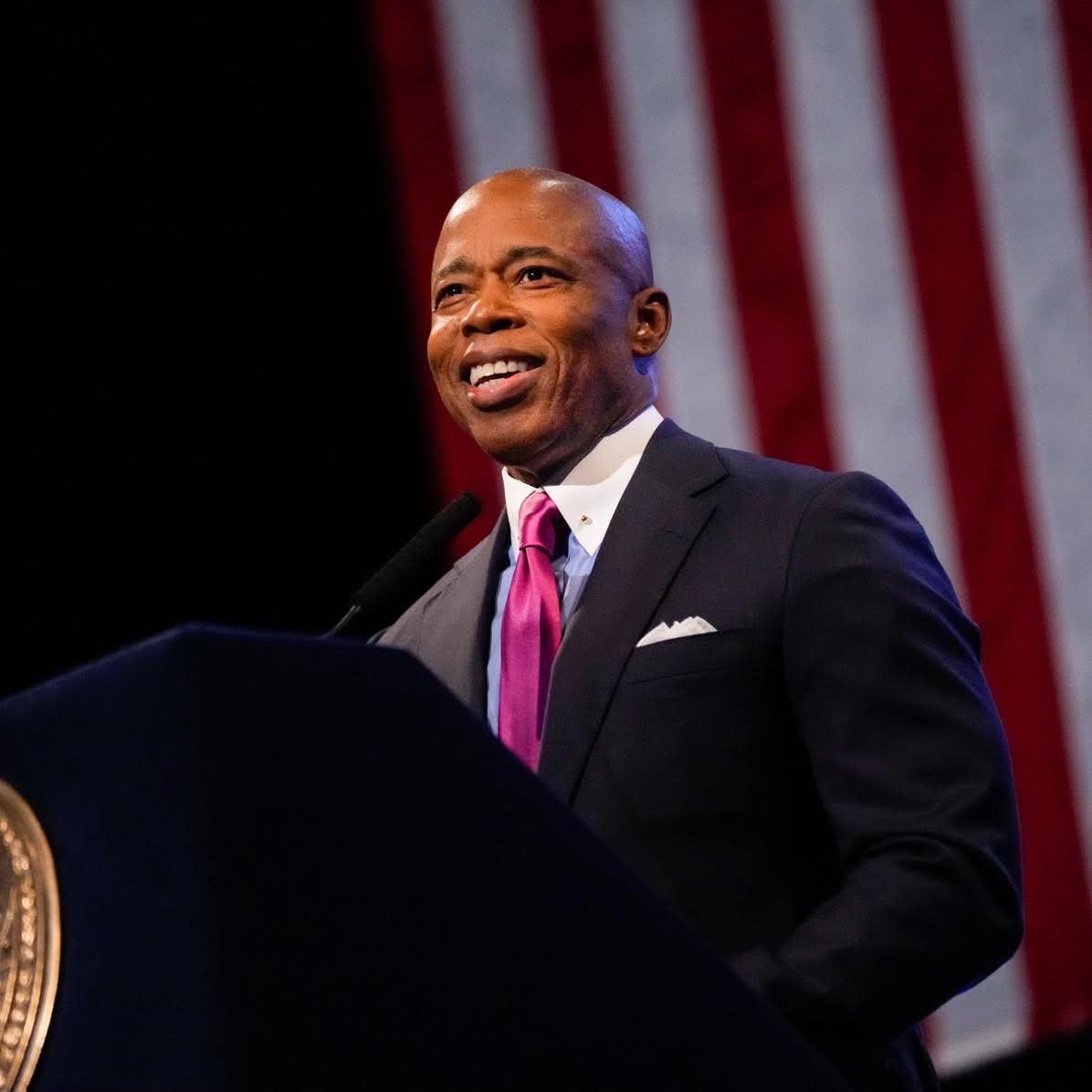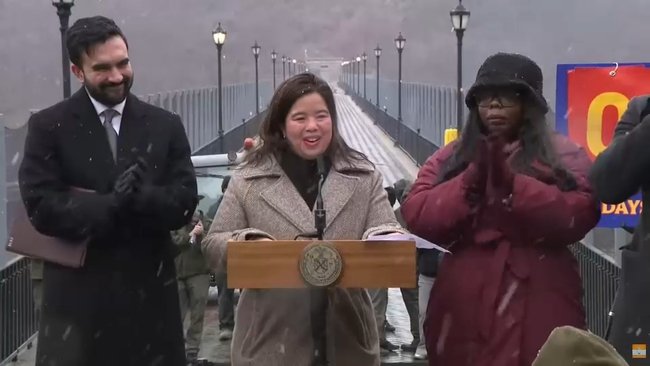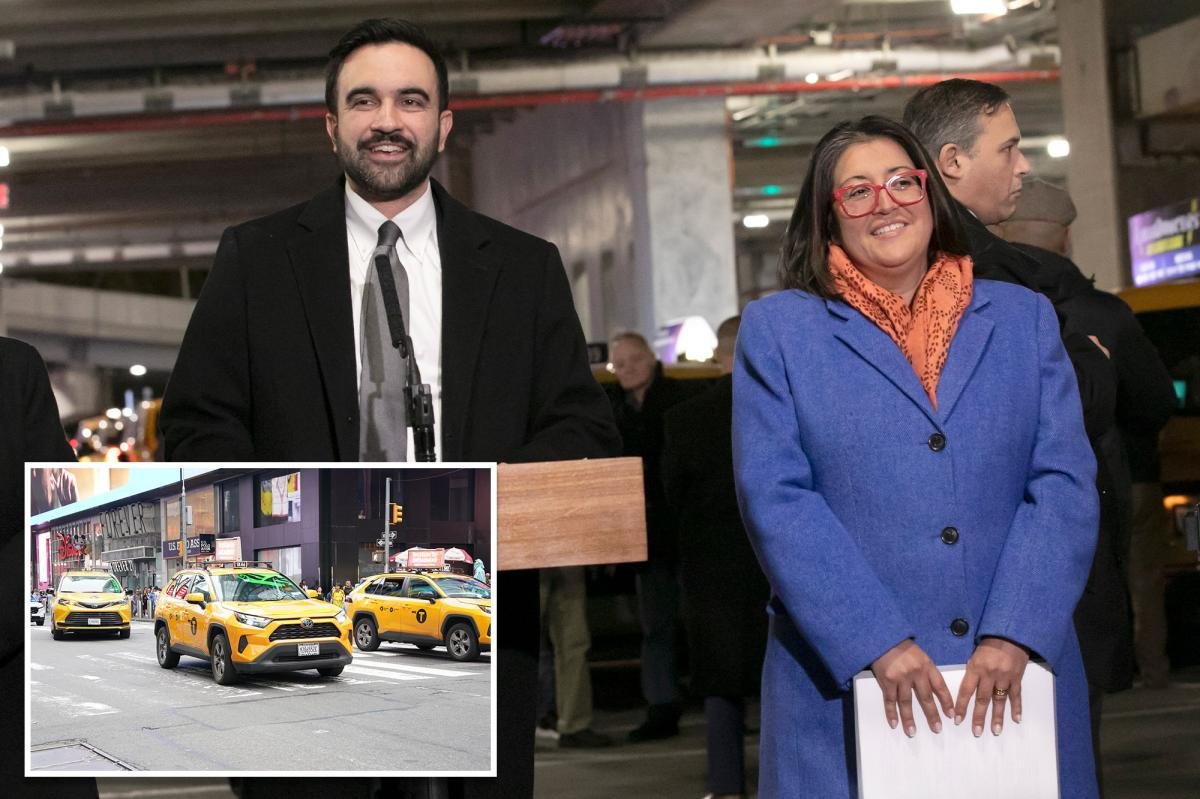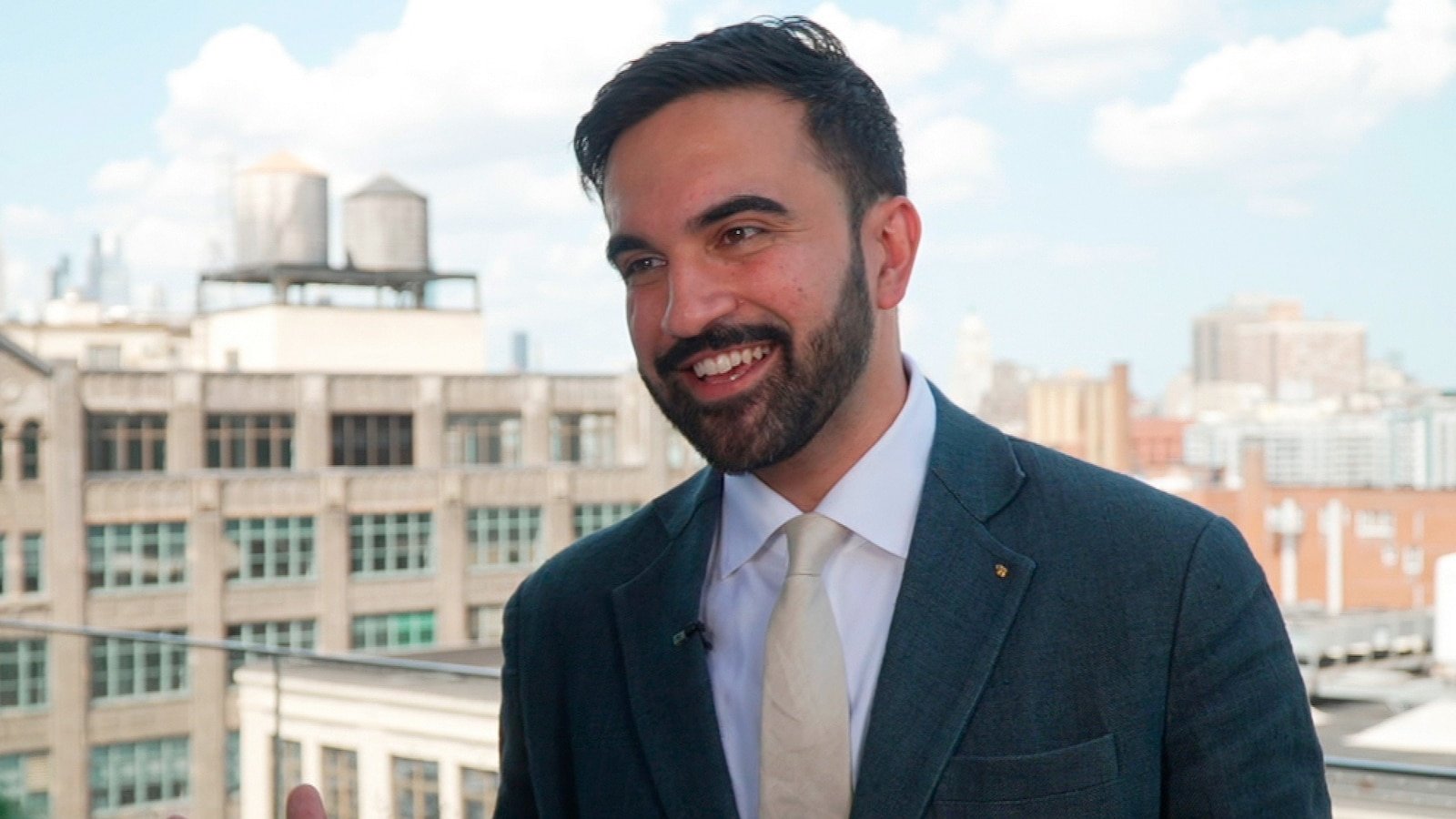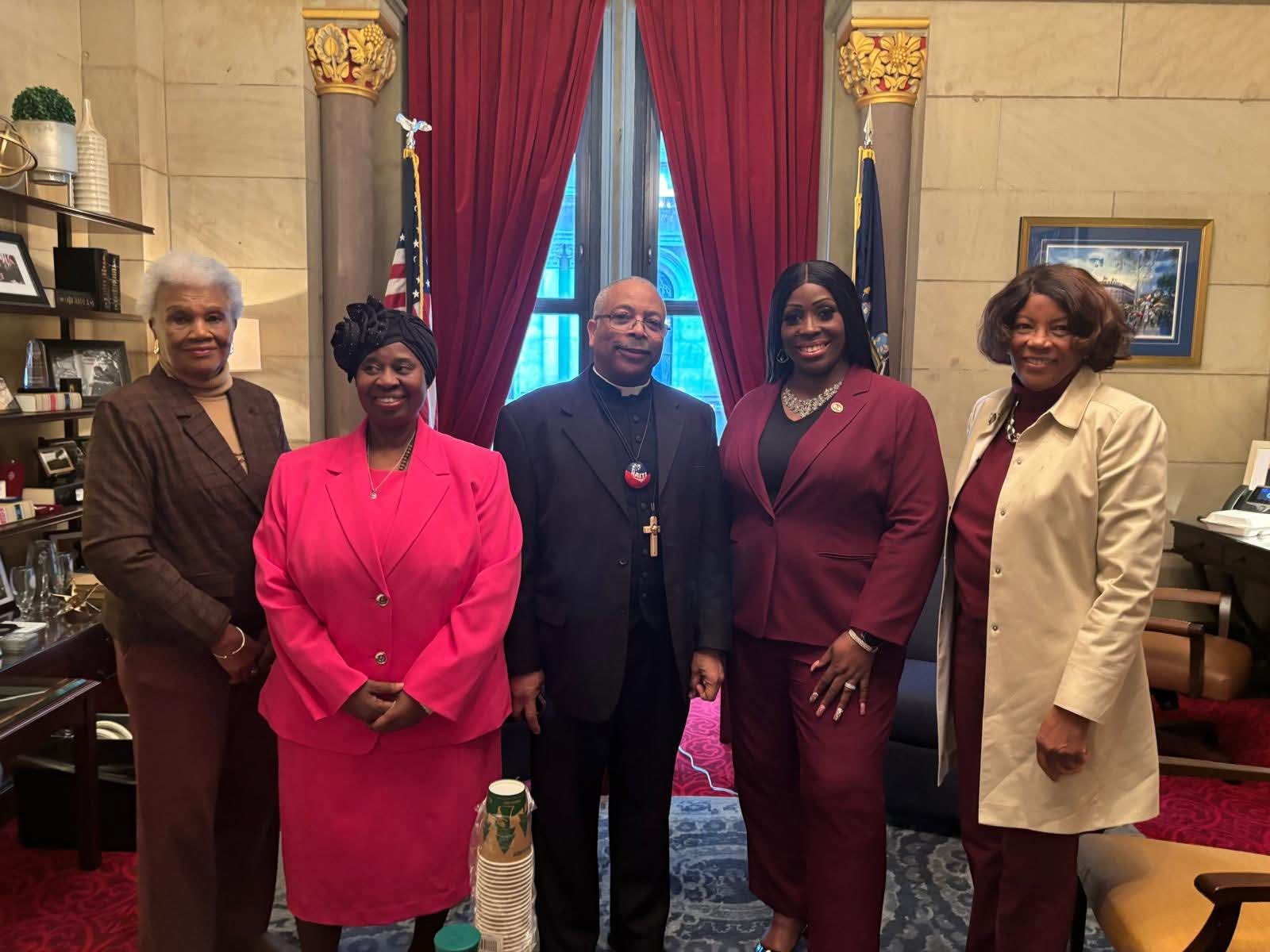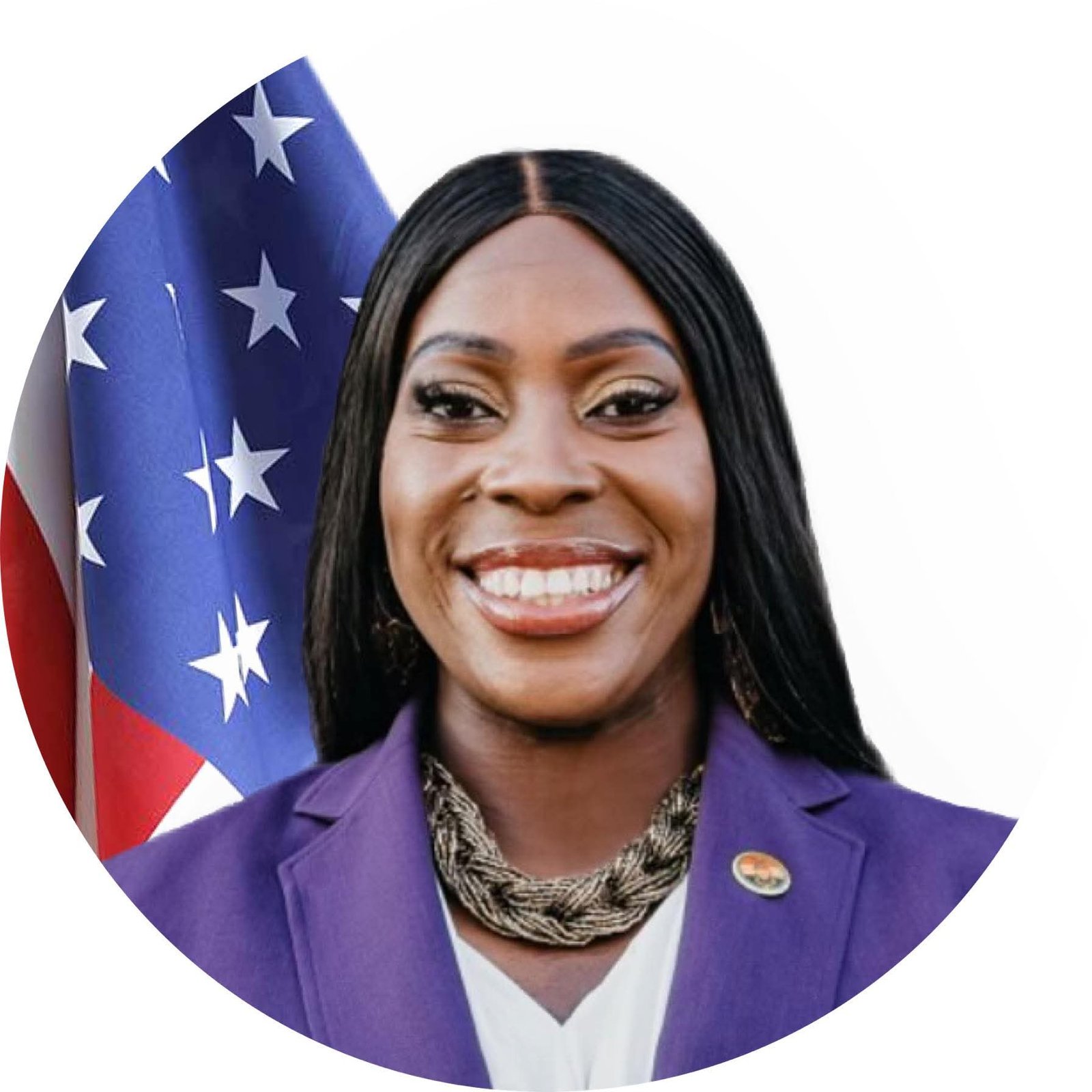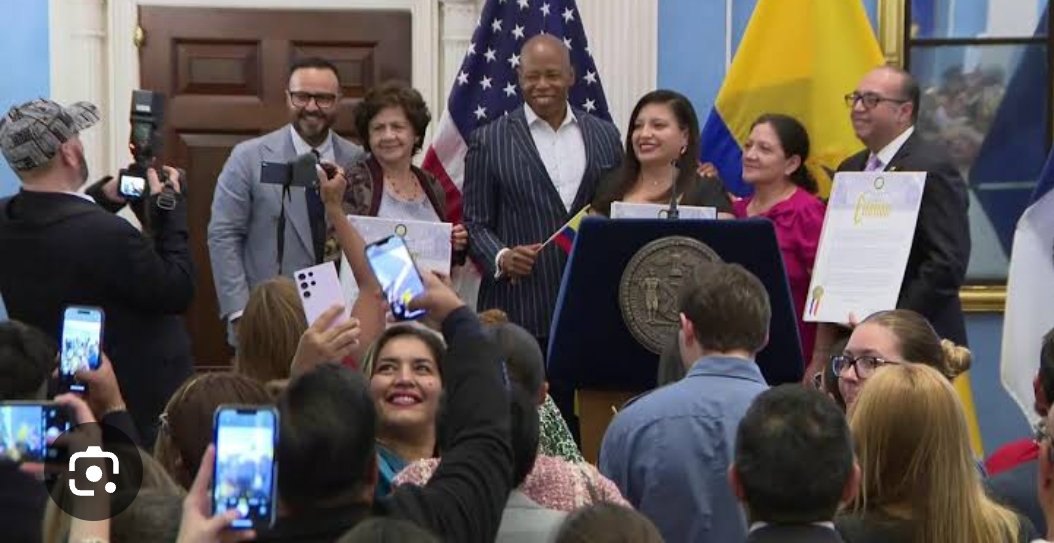
New York City Mayor Eric Adams on Wednesday hosted members of the Ecuadorian community at Gracie Mansion, marking what he described as a symbolic and historic recognition of their contributions to the city.
Adams reflected on his commitment to inclusivity since taking office, stressing that the Ecuadorian community had long been overlooked.
“There have been 110 mayors, but the Ecuadorian community was never invited [to] Gracie Mansion until the 110th mayor came into office,” he said. “110 mayors, and your flag was never raised at Bowling Green when other countries’ flags were raised, but it was raised when I became the mayor of this city.”
The mayor also recalled being the first sitting New York City mayor to travel to Ecuador, underscoring the importance of learning the culture of immigrant communities.
Beyond symbolism, Adams pointed to his administration’s record on public safety, education, unemployment reduction, small business growth, and support for foster care and public housing. Still, he noted that representation matters deeply.
“When I was a police officer many years ago, you did not see Ecuadorian officers in the department at the level you see now. Now you’re seeing Ecuadorian officers in Police Departments, in the Fire Department, in the EMS, in all of these agencies,” he said. “You’re no longer on the sidelines living and hiding in the shadows of the American dream. You’re now part of that American dream.”
Adams acknowledged the challenges of fear and uncertainty faced by immigrant communities but urged faith over anxiety.
“My faith in God is strong, and he is the guiding light to my life. I wake up every day and I turn on my GPS — my God-positioned satellite. I let him drive,” he said, adding, “I don’t have time to worry about what is happening next year when I’m enjoying what’s happening this year. I’m the mayor of the greatest city on the globe.”
The mayor drew from his personal journey — growing up in South Jamaica, Queens, with a learning disability and on the verge of homelessness — as proof of the possibilities available in New York City.
“Only in America and in New York, you can go from being dyslexic… from working in the mailroom, from being a dishwasher, from being a clerk, from anywhere and end up here,” he told the audience.
He also praised Councilman Francisco Moya, the first Ecuadorian elected official in the city, highlighting the sacrifices of immigrant parents for their children’s future.
Looking ahead, Adams called on Ecuadorians to build bridges with other communities across the city.
“Reach out to the Chinese community, the Bengali community, the Caribbean community, the Haitian community. Reach out and build this coalition of people who love this city and love this country,” he said.
He emphasized that the American identity does not erase cultural roots but embraces them.
“I’m African-American. You’re Ecuadorian-American. A Mexican is Mexican-American, Chinese-American, Polish-American, Trinidadian-American. You put your country first,” he noted. “When you come here, you don’t abandon your culture and your country. You make it part of the American experience.”
Closing his remarks, Adams declared: “If we lose that, we lost who we are, and we will never lose that. And so today, I say we’re all Ecuadorians, and enjoy the pleasure of being here today as we honor our honorees.”


